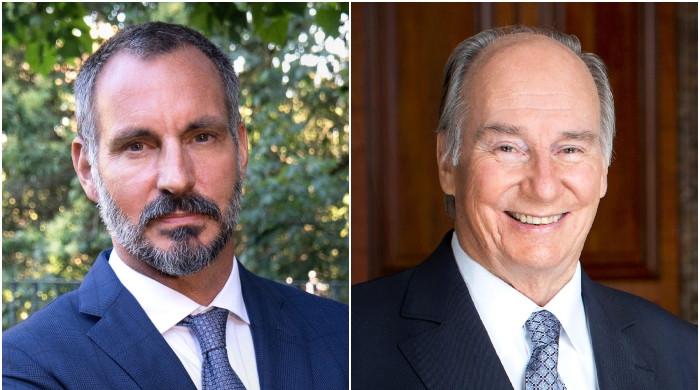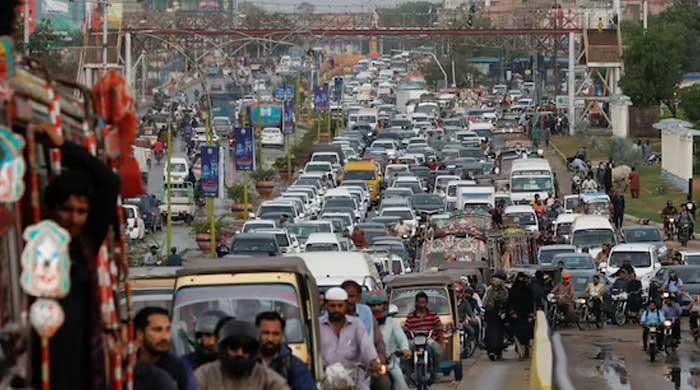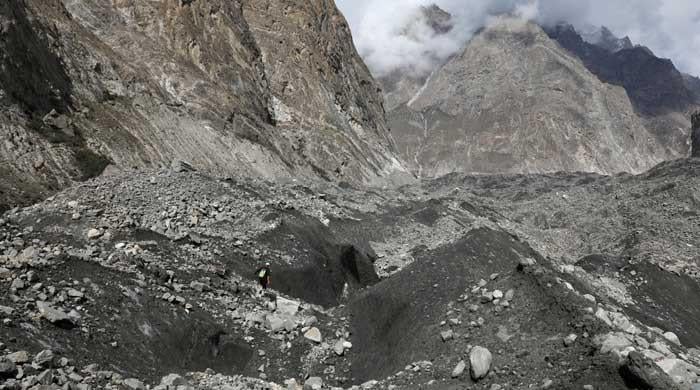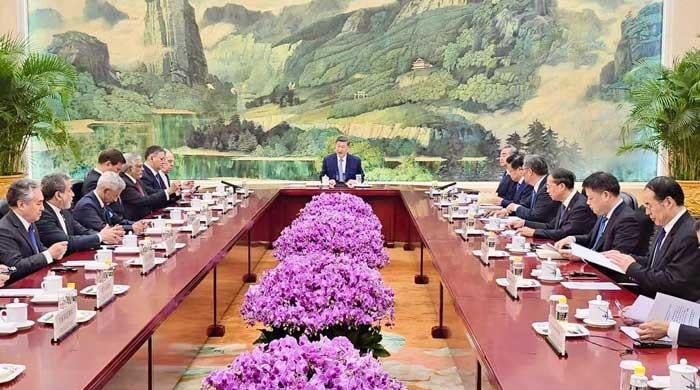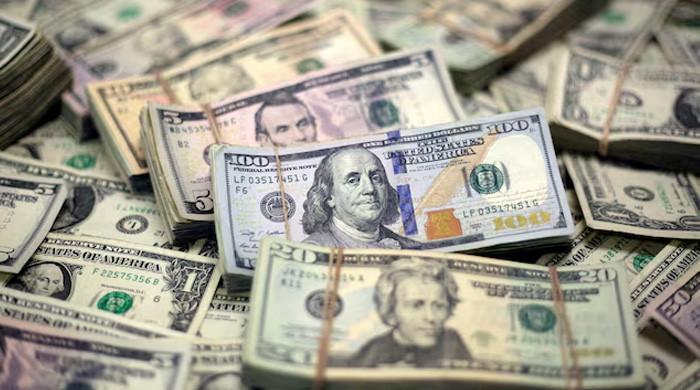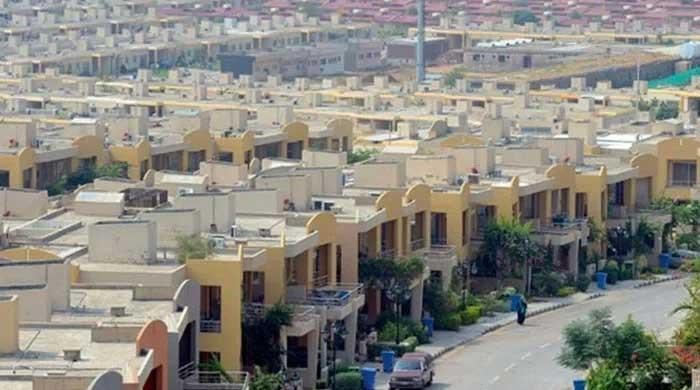Blog: The cycle of economic insanity
If sacrifices are to be made to save economy then those sacrifices should start with the rich and not poor, middle class
June 23, 2022
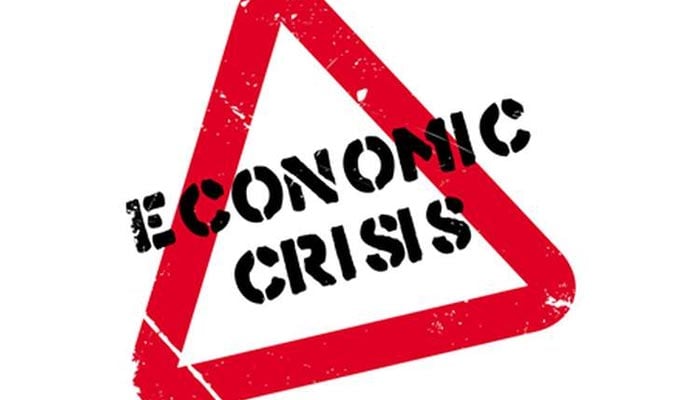
They say the definition of “insanity” is doing the same thing over and over again and expecting a different result. Is that what all governments in Pakistan have been doing since independence, in terms of the economy?
Let’s look at two areas of the economy to answer these questions: external debt and energy sovereignty.
Every single time, an incoming government complains about the condition of the national exchequer, while the outgoing government insists that when it left the country was progressing.
As a result, the government of the day turns to the public to ask for money, in the form of donations or investments.
The first of such events was in 1997, with the famous “National Debt Retirement Programme”, commonly known as Qarz Utaro Mulk Sanwaro scheme, initiated in the second term of Prime Minister Nawaz Sharif.
The external debt at that time stood at $30 billion. The scheme brought in only $178 million, which was just about 0.6% of the foreign debt.
One wonders why the government was looking for a social solution to an economic problem.
Now over to our energy needs. In order to meet that, former prime minister Imran Khan and then ex-chief justice of Pakistan Saqib Nisar launched a donation drive to fund the Diamer-Bhasha Dam. Initially, the response was overwhelming. People not just in Pakistan but also from outside were pitching in.
But no one told them that the estimated completion cost of the dam was around $14 billion, which can never be met by donations alone.
To date, the fund, as listed on the website of the Supreme Court of Pakistan, has collected over Rs12 billion, which is barely 1% of the total money needed to construct the dam.
Yet, it is startling to hear the federal minister tell the public to cut down on the pieces of bread they consume or tea. As per various estimates the top 30 richest people in Pakistan have among them around $36 billion, and this is just the declared wealth.
When will they contribute to the nation? When will they be ready to pay a larger share of taxes?
If sacrifices are to be made to save the economy then those sacrifices should start with the rich and not the poor and middle class.
Ahmed is a financial practitioner in Karachi




